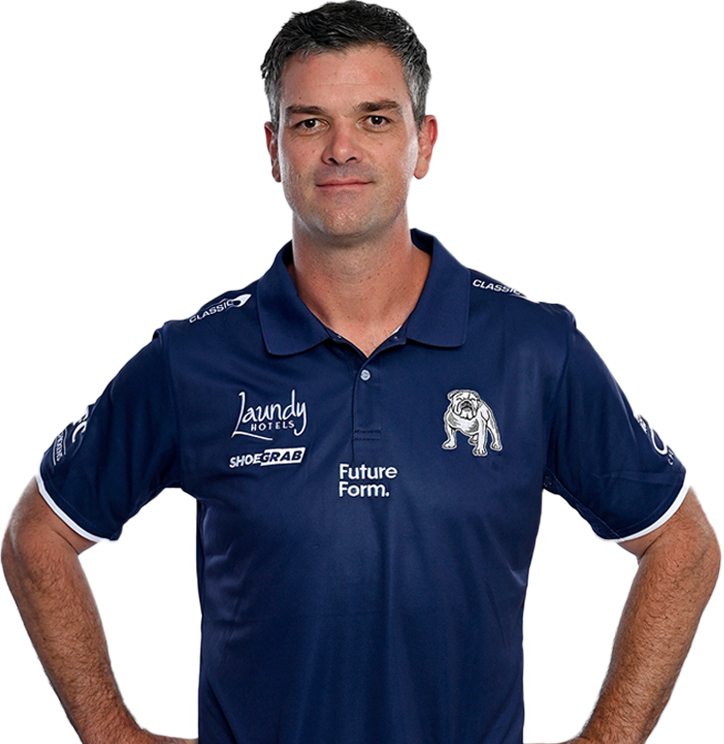
CANTERBURRY LATEST: Three or four times… and the hardest part of his job, While Gus knocked the Dogs back

ANALYSIS:
In *The Road* by Cormac McCarthy, the phrase “knocked the dogs back ‘three or four’ times” and the reference to the “hardest part of his job” suggest the harsh, unyielding nature of survival in a post-apocalyptic world. These words reflect the brutal, relentless environment the characters are struggling to navigate.
BREAK-DOWN:
When Gus, a character whose background remains largely ambiguous, knocks the dogs back, he is likely engaging in an act of self-defense or protection. The “dogs” could metaphorically represent any number of threats or challenges—possibly aggressive people or dangerous creatures—common in the post-apocalyptic landscape McCarthy often portrays. The repetition of “three or four” times indicates that Gus is forced to confront this threat multiple times, emphasizing the relentless nature of danger and survival in this bleak world.
The “hardest part of his job” further underscores the emotional and psychological toll of survival in such a hostile environment. In many of McCarthy’s novels, the “job” is not just about physical survival, but the moral and psychological challenges that accompany it. For Gus, the hardest part could be not just the physical violence and constant fear, but the emotional weight of having to make decisions that conflict with his humanity—such as harming or killing others to ensure his own survival. The “hardest part” often points to the internal struggle—the loss of innocence, the erosion of moral boundaries, and the dehumanization that inevitably comes with prolonged exposure to extreme circumstances.
Leave a Reply